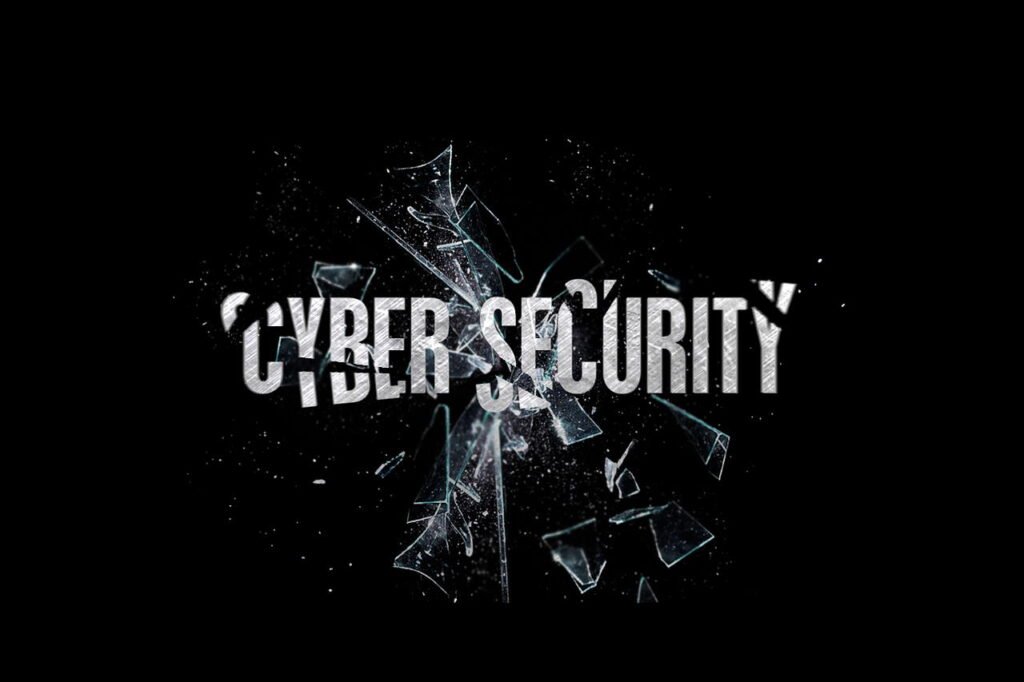Unlike every technology, the internet has its own flaws. Out of all, security risks have threatened people the most as a simple click on a wrong link can instantly open the door for cybercriminals and land you in trouble. Statista has estimated that in 2020, more than thousands of data breaches took place affecting millions of people.
While it’s possible for almost anyone to fall a victim to a cyber attack, it doesn’t mean that there are no ways to protect yourself. Although there are hundreds of products and devices built to keep people from getting hacked, sometimes doing a few simple things can prevent you from these growing cyber-attacks.
In this article, we will discuss the 20 latest secrets that cybercriminals never want you to know. Reading these exposed hacker secrets will help to indicate the signs you may have been hacked. With that said, let’s get right to it.
What is a Cyber Attack?
A cyber attack is considered an attempt conducted by hackers to gain unauthorized access to anyone’s computing system and network to cause damage. Although it’s possible for you to indicate the signs you may have been hacked, there are times when you may not take any appropriate steps at the given moment.
This is why cybersecurity service providers are there to help you out in such scenarios and keep you protected from any online threats in near future.
20 Secrets That Expose Hackers
Since it’s impossible to stay away from using the internet, it’s critical to arm yourself with the best knowledge provided by reputed managed IT consultants.
Here are 20 secrets that hackers do not want anyone to know:
 Posting Photos With an Inside Look of Your House
Posting Photos With an Inside Look of Your House
Oversharing on social media can be dangerous. Especially it’s important not to reveal too much of your personal information on any social sites.
- Using Basic Info to Generate Passwords
Most people use basic information like birthdays, pet names, and generic names to create passwords that can be easily cracked by hackers.
-
 Replying to Unsolicited Emails
Replying to Unsolicited Emails
According to cybersecurity service providers, successful scams are conducted through emails. Therefore, always look for subtle signs that recognize spoofed emails.
- Weak Passwords on Your Router
Creating weak passwords for your router can land you in trouble. Hackers can easily take access to your router and gather confidential information.
- Anyone Can Tap Into Your Smart Devices
Technology is undoubtedly evolving the lives of people. However, it’s important to note that anyone can tap into all of your smart stuff.
- Backdated Passwords on Several Accounts
When you leave too many backdated passwords on several accounts, it opens the door wide for hackers to take advantage and gain access to those sites.
- Scammers Can Be on Your Friend’s list
Accounts with a single photo with no relevant details are often used by scammers. So, watch out for such people in your friend lists.
- Pretending to Be Buyers
Scammers pretend to be buyers. Therefore, whenever you’re selling an item, make sure you do enough research on your customer before processing any transaction.
- Public Wi-Fi Is Where the Danger Lies
It’s best to stay away from using public Wi-Fi as it’s where the hackers are sitting to tap into your devices.
- They Are Taking Advantage of Your Misspelling
A single misspelling of a website can land you on a scammed site where all your details will be instantly shared with the hacker. Therefore, make sure you don’t make any typos error.
-
 They Are Monitoring Your Online Activity
They Are Monitoring Your Online Activity
Regardless of what you do, scammers are sitting there, monitoring every online activity of yours. Ultimately, it’s important to follow the advice from top IT tech companies to stay protected.
- Hackers Are Patient
Hackers are patient enough. They are waiting for the ideal opportunities to gain unauthorized access. One single casualty from your end will help them become successful.
- You Can Be Tricked With Fake Apps
There are hundreds to thousands of fake applications that can instantly steal your personal data once you download them.
- They Can Send Fake Updates for Software
Not all software updates are coming from authenticated sources. It’s critical to look for fake updates before conducting any activity.
- You Can Be Lured While Watching Videos
Since most people love watching videos, scammers put mischievous links through these videos.
- Only Small Amounts Are Debited At First
Generally, hackers are smart. They don’t debit a huge amount at first. A small amount is typically debited to check the amounts you’re holding in your bank accounts so that they can exploit you in the future.
- Hackers Can Exploit Your Bluetooth Headset
Your favorite Bluetooth headset is vulnerable to hackers. They can easily connect to your devices and steal crucial data.
- Scams Can Happen in App Stores Too
A lot of people think that the play store or apple store is safe to download everything. Nevertheless, not all the applications in the app store can be deemed safe.
- Avoid Clicking on Malicious Links
Clicking on a malicious link is the most common way to scam people. Warning, it’s always best to stay away from clicking on such suspicious links.
- Avoid Getting Scammed
Regardless of how smart a hacker is, it’s always possible to avoid getting scammed. All you have to do is to follow the above-mentioned tips by the top-tier cybersecurity service providers.
These are the few secrets that hackers will never want anyone to know. By armoring yourself with knowledge like this, you can instantly indicate the telltale signs you may have been hacked.
How to Protect Your Business With Managed IT Support
Techtopia is the leading managed IT support service provider that not only helps you protect your business by providing top-notch solutions but also offers expert advice from experienced managed IT consultants. Click here to get signed up today.


